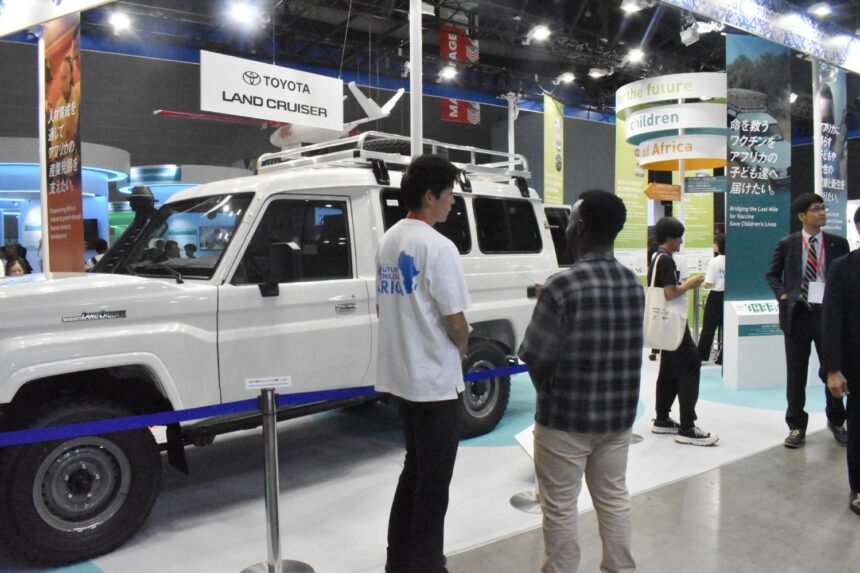Japan wants to expand its business presence in Africa but faces a dilemma. Many of its companies still see the continent as a risky place to invest. Concerns about political instability, corruption and unpredictable policies have slowed Japanese entry, even as China and Russia expand their influence.
At the Ninth Tokyo International Conference on African Development (TICAD 9), held last week, Tokyo made new promises. It pledged to train 300,000 African workers in partnership with Japanese firms. It also announced a new loan scheme through the Japan International Cooperation Agency (JICA). The plan will make it easier for private funds to invest in African businesses, even those with high risks but strong potential rewards.
TICAD has been the centrepiece of Japan’s Africa policy since 1993. Officials often point out that Japan created this platform long before China launched its Belt and Road Initiative. Yet despite its early start, Japan lags behind.
Figures from the Foreign Ministry highlight the gap. Between 2010 and 2023, Japanese firms nearly doubled their business bases in Africa from 520 to 948. Over the same period, Chinese companies built more than 10,000 bases. Russia has also gained ground, offering military cooperation to African states as it looks for global allies amid its war in Ukraine.
Experts say Japanese companies remain cautious. “Japanese firms are far behind Chinese companies,” said Sadaharu Kataoka, a professor at Waseda University. “Many hesitate because they fear political instability, sudden policy changes, or losses caused by war and social unrest.”
Africa’s challenges are complex. Countries often struggle to build stable governments in societies with large and diverse populations. But the continent also holds promise. The United Nations expects Africa’s population to reach 2.5 billion by 2050, around a quarter of the world’s total. That growth will create huge markets.
“Benefits and risks in Africa are two sides of the same coin,” Kataoka explained. “Population growth opens opportunities, but companies want stronger protection against risk before they commit.”
Japan has introduced some safeguards. Legal reforms in 2015 and 2022 gave the Self-Defense Forces more power to rescue nationals overseas during emergencies. The new JICA loan framework aims to reduce financial exposure for firms looking to enter African markets.
Over time, Tokyo has shifted from a policy focused mainly on aid to one that encourages private-sector activity. The question now is whether these latest steps will change company behaviour.
“A close watch will be needed after TICAD 9,” Kataoka said. “Japan has expanded support slowly, but we must see if it is enough to finally convince its firms to compete in Africa.”










